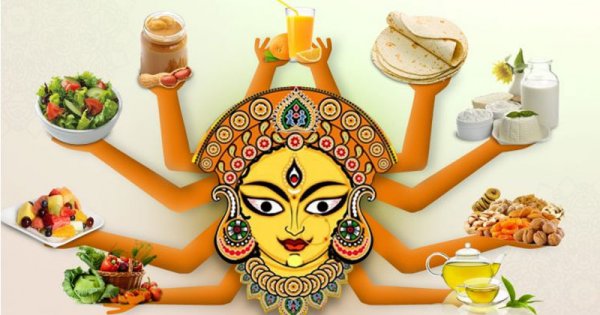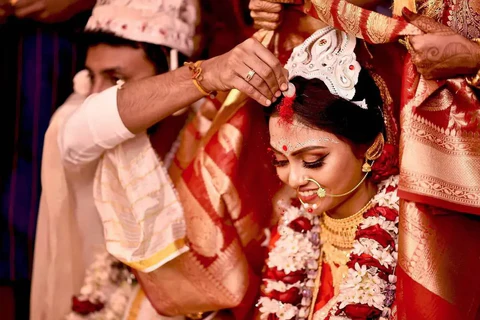How Many Times Can You Eat Fruits During Navratri?
How Many Times Can You Eat Fruits And What To Keep In Mind: Navratri is not just a religious celebration but also a time of spiritual discipline and self-control. Fasting is an important part of this tradition, and many devotees observe fruit-based fasts during these nine auspicious days to seek blessings from Goddess Durga. However, certain rules and guidelines should be followed to maintain the sanctity of the fast and ensure its benefits are fully realized.
1. How Many Times Can You Eat Fruits During Navratri? – Key Points
- Strict fast recommendation – Eat only once a day for deeper spiritual discipline and benefit.
- Depends on personal belief and physical capacity – There is no fixed rule; it varies by tradition and individual strength.
- Once a day – Many devotees eat fruits only once, usually in the afternoon or after sunset.
- Twice a day – Some prefer to eat in the morning and evening.
- Small portions throughout the day – A few people consume fruits in small amounts across the day.
- Avoid overeating or frequent snacking – Excessive eating reduces the spiritual benefits of the fast.
2. Follow Specific Dietary Rules – Key Points
- Maintain purity of mind and body – Cleanliness, calmness, and devotion are essential during this sacred period.
- Use rock salt (sendha namak) – Regular table salt is avoided during the fast.
- Allowed foods – Fruits such as apples, bananas, papayas, grapes, and oranges can be consumed.
- Milk and curd permitted – Depending on tradition, dairy products like milk and curd may be included.
- Boiled/steamed vegetables – Some people include simple veggies in their fast meals.
- Avoid grains, pulses, meat, and fish – These are strictly not allowed during Navratri fasting.
- No alcohol or tobacco – Consumption is completely prohibited during the festival.
3. Types of Fasts Observed During Navratri
Different types of fasts include:
- Phal Upvas – consuming only fruits
- Dugdh Upvas – milk-only fasting
- Laghu Upvas – consuming light, permitted food once a day
- Purna Upvas – complete fasting without food
People choose the type of fast that suits their health and devotion level, but no matter the type, discipline is key.
4. Eat Fresh and Simple Food
If you’re eating fruits or simple meals, try to prepare them fresh and avoid using leftovers. It is considered inauspicious to cook food too far in advance. If you’re eating once a day, it is recommended to cook food just before consumption and avoid eating stale or stored meals. This ensures physical purity and spiritual clarity.
5. Maintain Cleanliness and Devotion
The kitchen and eating area should be kept clean. Apart from dietary rules, it’s equally important to stay mentally calm, avoid negative thoughts, and stay connected with spiritual practices like prayers, meditation, and chanting. Seek blessings with a pure heart, and if you’re unsure about fasting practices, consult a spiritual guru or religious guide.
In conclusion, while fasting is a personal journey of devotion, observing it with discipline, simplicity, and purity maximizes its spiritual impact. Whether you eat fruits once, twice, or not at all, the essence of Navratri lies in self-control, faith, and reverence for the divine.
ALSO READ: Benefits Of Chanting Om Mantra





